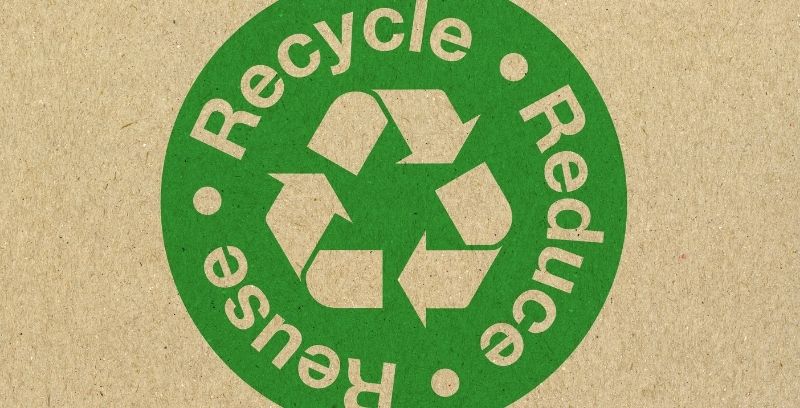
Sustainable Packaging
One of the key goals for our founder when starting Pronto Seed was to ensure all of our products are as environmentally friendly as possible. From the products themselves to the packaging. Whilst we acknowledge we are not perfect, we have broken down our packaging used for our Eco Grow Kits and the choices we have made.
Responsibly Sourced
All of our packaging is sourced from reputable manufacturers within Europe. Our coir disc pellets are sourced from India.
PET Plastic
Our Eco Grow Kits include planting cells and a dip try to allow the water to be retained within the growing medium.
Don't panic! The plastic we use is PET and made from 100% recycled plastic which is why it's green in colour.
The current use of plastics world-wide is so immense that if we were to suddenly stop the recycling of plastics, it would have devastating impacts to the environment. Paradoxically, this means we have to carry on recycling the plastics in use until the world can safely say that we are now ready to stop the daily use of virgin plastics in products such as ready meals, meats and other packaged products.
This does mean that the plastic we use can be recycled over and over again.
Printed Packaging
The Cardboard Plant "Stadium" - We use only 100% sourced board from FSC certified woodland and this is mixed with recycled pulp which comes from local European sources only.
Ink - These are food safe and contain no harmful UV coatings on the board. The varnish is a water based emulsion that is again food safe and fully biodegradable.
The Protective Outer Carton - This is actually strong enough for direct post so there should be no need for any additional corrugated board or excessive use of protective plastic bubble wrap etc.
Delivery
Please note that we currently use Fulfilment by Amazon to ensure we can provide fast and free delivery. Whilst our kits can be labelled and put directly in the post, Amazon may use extra outer packaging.
Growing Medium
The compressed pellets are recycled coconut husk and, as a by product of the coconut farming industry, are carbon neutral. The transport of these from India did cause a pause for thought so we looked into alternatives, these were:
Peat - definitely a no go as this is bad for the environment as is the use of a "top soil". Click here to learn more about our study on Compost vs Coir.
Green waste compost - this sounded like a good idea, however we found that this could have contamination from metal, glass and even batteries that found their way into the green wheelie bins and eventually in the compost. This was very inconsistent and could only be bagged up into a plastic bag. It was also very wet which would damage the card when packed together before posting.
Vermiculite - Used a lot in commercial growing this offers a great alternative to standard compost, however the carbon foot-print is huge and the environmental impact is considerable. This is taken from opencast mines in China, Russia and South America. Once in Europe the stone is heated to over 3000°c and then transported to the UK. You can understand why we crossed this off the list.